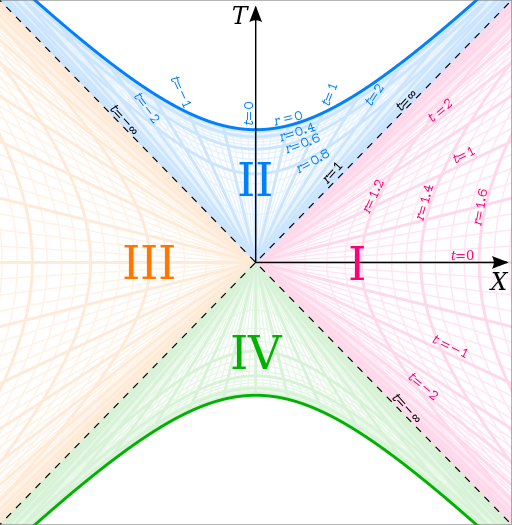Aggregated News

Have you heard? Someday we will live in a perfect society ruled by an omnipotent artificial intelligence, provably and utterly beneficial to mankind.
That is, if we don’t all die once the machines gain consciousness, take over, and kill us.
Wait, actually, they are going to take some of us with them, and we will transcend to another plane of existence. Or at least clones of us will. Or at least clones of us that are not being perpetually tortured for our current sins.
These are all outcomes that futurists of various stripes currently believe. A futurist is a person who spends a serious amount of time—either paid or unpaid—forming theories about society’s future. And although it can be fun to mock them for their silly sounding and overtly religious predictions, we should take futurists seriously. Because at the heart of the futurism movement lies money, influence, political power, and access to the algorithms that increasingly rule our private, political, and professional lives.
Google, IBM, Ford, and the Department of Defense all employ futurists. And I am myself a...



